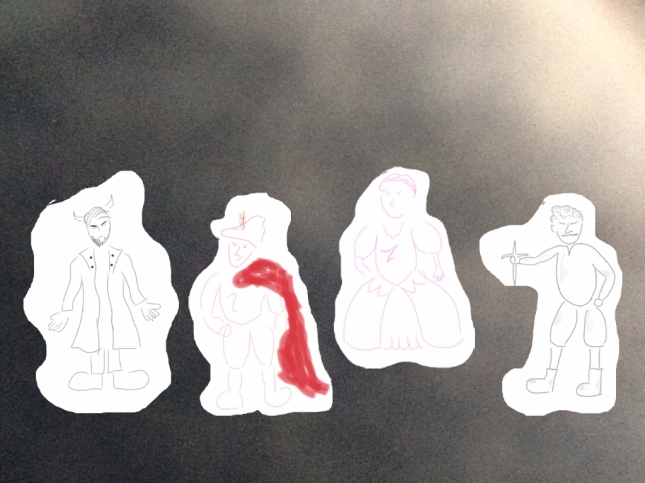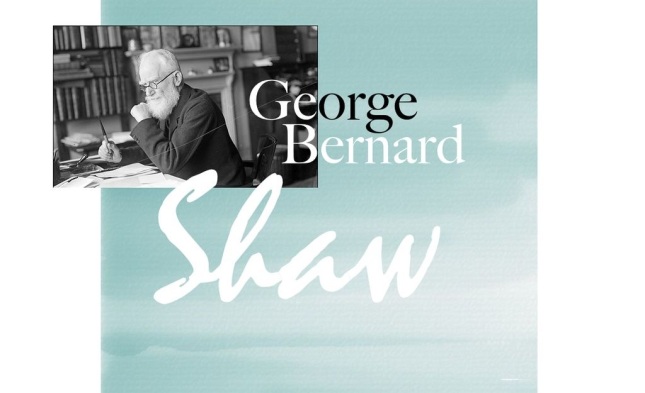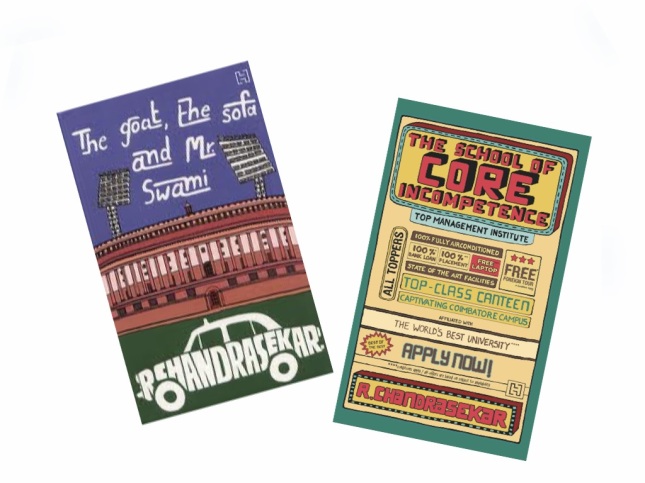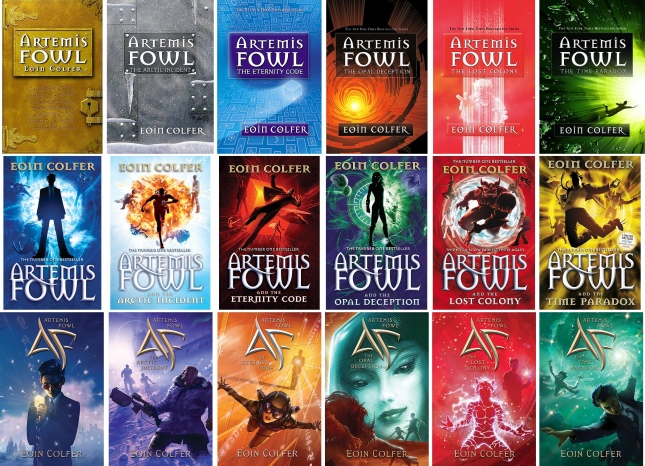George Bernard Shaw was a man who was both exuberantly twentieth century and remarkably ahead of his times. He combined idealism with a razor-sharp perception of the ridiculous, and depicted the people around him with honesty, sympathy and humour.
Shaw was not a modest person, nor was he unsure of himself. He was delightfully certain of his philosophical and political stance, and was not deterred by modesty or convention from saying so. He was quite unashamedly a hedgehog, not a fox. Many of his heroes – Henry Higgins, Jack Tanner, Bluntschli, and incidentally the Bard of Avon – exemplify Shaw’s irreverence, humour and disregard for convention, as well as his advanced philosophical and political views.
Shaw’s description of Shakespeare might have been a description of himself – he says that ‘the timid cough of a minor poet was never heard from him’, and ‘he (possibly with a keen sense of the fun of scandalising the modest coughers) proclaimed his place in “the wide world dreaming of things to come”.’ (Shaw says himself that he imagines Shakespeare to have been rather like himself: if he had lived in Elizabethan times, he would have given Shakespeare a run for his money.)
While one frequently does not agree with the rather strong opinions Shaw expresses – his remarks about the personal hygiene (or lack thereof) of the people of Bulgaria, or his opinion of Rabindranath Tagore – to take a moral line, to berate Shaw for his lack of tolerance, is to be like one of the characters in his books whose stiff and inflexible moral sense he affectionately ridicules. Shaw is not intolerant in the sense in which CS Lewis or Enid Blyton is intolerant. He does not seriously believe in the superiority of the British – if anything, he delights in ridiculing his countrymen. He delights in his own directness. And he is, in fact, more amused by his extreme opinions than even we can be. An ambivalent Shaw would be like an ingenuous Richard of Gloucester – the charm of his work, its individuality, would be considerably diminished.
And he is, in fact, quite tolerant of opposing views. He gives them a voice in his books, and there is no aggression in his treatment of them. He is humorous, affectionate, and not at all shaken from his own stance. His Ramsden and his Octavius are depicted as very good people, if a little deluded. He means the audience to sympathise with them as much as with his revolutionaries, and we do.
This disregard for convention is, in fact, more than an instance of self-centred megalomania – it is really an expression of Shaw’s view of society. Shaw considered that people in his country, in his time, were myopic, deluded and prejudiced, and he had no problem telling them so. “The Englishman thinks he is moral when he is only uncomfortable,” says one of his characters. And he saw no reason why he should not tell them so. In a time of myopia, conformism and intellectual confusion, his works were ‘Shavian oxygen’. He did not believe in conformism and guilt, and the things that seemed to govern his society. He considered honesty more important than the appearance of humility.
Shaw wanted people to be rational, reasonable, sure of themselves yet capable of discussion. In his play Man and Superman, ‘members of the Idle Rich Class’, dead men (among them the legendary Don Juan), some engagingly idealistic brigands and Lucifer himself calmly debate the meaning of human existence and morality… or lack thereof. “Your mistake, my diabolical friend,” says Don Juan at one point, “is that you take man at his own valuation. Nothing would please him more than your opinion of him.” Part of the debate takes place in Hell, a dark and misty region where people live afterlives of illusion and aestheticism.
The debate, interestingly, is not between good and evil, between humanitarianism and self-interest. Shaw did not belong to the ‘good and evil’ school of thought that has recently become so fashionable in Hollywood and popular literature. His view of the distinction between heaven and hell was much more subtle: the Devil believes that humans are incapable of making any genuine progress, and that his Hell – a region of aestheticism and illusion – offers a superior alternative to living in the real world. Don Juan believes that the Life Force aims to move upward, and only needs the assistance of philosophical thought, awareness, and a release from the delusions that govern modern human society. He chooses to move to Heaven because he believes in realism.
They explain to Ana, a newly dead woman, that the gulf between Heaven and Hell is no more than the gulf between a bull-fighting arena and a philosopher’s classroom. People from one aren’t prohibited from going to the other; it’s a matter of personal taste, but the patrons of one generally don’t choose to patronise the other.
Shaw was inspired by philosophers such as Nietzsche. It is Nietzsche’s ideas he explores in this play.
Shaw was a socialist, and believed in equality. However, he expressed this view in a very characteristic way… with humour and understanding. Indignation and aggression are conspicuously absent from his plays. In Pygmalion, he suggests that a flower girl can become a fine lady simply by learning to speak with a fine lady’s accent. But at the end, the flower girl says she was better off as a flower girl, since she was independent.
Shaw was a supporter of the feminist movement. Many of his heroines – among them Eliza, Candida, and Joan of Arc – are intelligent women who are both good and shrewd. They are honest and sincere, and at the same time extremely perceptive. They strive to retain their independence in the face of chauvinism and patriarchy, and at the same time understand the foibles and inconsistencies in the behaviour of those who claim to be in control. One of his most interesting female characters is Queen Elizabeth I.
Shaw was irreverent and in some ways appears to have been something of a rebel. He refused to conform to the accepted rules of spelling and grammar and instead evolved his own, omitting several apostrophes and spelling ‘Shakespeare’ as ‘Shakespear’. He was clearly a modern playwright, one whose plays (with their long prefaces and frequent narrative passages, that often take up more space than the dialogue) differed considerably from the dialogue-centric, almost narrative-free plays of, say, William Shakespeare. And yet he appears to have been rather fond of the Bard, if his play The Dark Lady of the Sonnets is anything to judge by.
In The Dark Lady, Shakespeare sets out to meet his lady love, the famous Dark Lady of the sonnets. He happens to come upon Queen Elizabeth, sleep-walking and consumed with guilt about the death of Mary, Queen of Scots. In the following scene, Shakespeare is humorous, lewd and engagingly irreverent. He informs her that his descent is superior to her own: his father had only one wife, while hers had six; and she has no real right to her power, since she derives it not from her birth or her descent, but from her being, by chance, ‘the most wondrous piece of beauty the age hath seen’. Elizabeth is half amused and half outraged.
They go on to discuss the matter of popular taste in theatre. Shakespeare begs Elizabeth to construct a theatre where he can stage plays that he believes in, without having to depend on the public’s taste. He points out that people are highly influenced by theatre, and it is therefore necessary to stage instructive plays. (He numbers As You Like It and Much Ado About Nothing among his worse plays written to please the public.) Elizabeth agrees with him, but says that she is powerless to do anything to help; there are many claims on the public treasury, and her cousellors and subjects will never allow her to finance theatre from the public purse. She predicts that it will be hundreds of years before England establishes her own playhouse at the public charge, and England will venture then only out of a desire ‘to be ever in the fashion’.
“It may be that by then your works will be dust also,” she tells Will Shakespeare. He replies, “They will stand, madam: fear not for that.”
It is possible that this play inspired the highly successful film Shakespeare in Love; many elements of the play – for instance, Shakespeare’s noting down phrases for later use, and Eizabeth’s mingled amusement and respect for him and his plays – appear similar.
To read Shaw’s plays for the first time is to enter a new world: they are like a breath of fresh air. ‘Shavian oxygen’ is no idle boast. It is a world of shrewd realism, honesty, reason and intellecual adventure. According to Nietzsche, one of Shaw’s favourite philosophers, man is a bridge between animal and Superman. Perhaps the perspective of a Bernard Shaw is the route to the Superman.
This will probably be my last post on this blog… we’ll probably be handing it over to a new group of people soon. We’d like to thank our Principal and Vice Principal for allowing us to establish this society and putting up a notice-board for us. We’d like to thank Mrs Radha Venugopal for taking an interest in the society and allowing us to put up posters in the library, and all the teachers who took an interest in our activities. We’re grateful to all the people who contributed to this blog and to the Literary Society notice board, and who attended our Literary Quiz in the capacity of both participants and volunteers. And we’d like to thank you, our readers, for visiting the blog. We hope that you enjoyed reading our posts (and perhaps disagreeing with our somewhat unequivocally expressed interpretations) as much as we enjoyed writing them.
As Shakespeare says in Shaw’s The Dark Lady, ‘there is no word yet coined and no melody yet sung that is extravagant and majestical enough for the glory that lovely words can reveal. It is heresy to deny it: have you not been taught that in the beginning was the Word? that the Word was with God? nay, that the Word was God?’
Niyati Venkatesan
XII B















